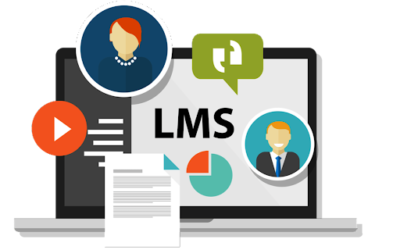Creating a Personal Retirement Plan
It’s never too soon to start saving for retirement. However, shockingly few workers retire with adequate resources. Generally, a comfortable retirement can be achieved on 70-90% of your working income. While many believe their Social Security benefits Wyckoff NJ will support them, standard payments average just 40% of pre-retirement earnings. To make up the difference, you must have a plan, whether it’s your own or is sponsored by your employer.
401(k)s
A 401(k) is the most common, and popular, workplace retirement plan, mainly because it’s user-friendly. First, workers can build their 401(k) every payday via automatic deductions. Second, it’s not uncommon for companies to match employee contributions, often dollar for dollar, up to a point. Finally, 401(k) contributions are tax-deductible. However, the IRS and individual employers both set restrictions on 401(k)s, so be sure to read the fine print.
IRAs
An individual retirement account, or IRA, is another plan you can get instead of, or on top of, a 401(k.) Unlike a 401(k), however, you open an IRA yourself with your bank. Initially, you’ll need to choose whether you want a traditional or a Roth IRA. The biggest difference is that in a Roth IRA, your money is taxed on deposit, while in a traditional IRA, it’s taxed on withdrawal.
Either way, IRAs all come with strings attached, including a much lower annual contribution cap compared with employer-sponsored plans. On the upside, you have a free hand in handling your account.
Traditional Pensions
While no longer the norm, certain employers still offer old-fashioned pension plans. If you stay in your job for a specific number of years, you receive a fixed lifetime stipend for your service, courtesy of the company.
Pension schemes are a classic “defined benefit plan”, where an exact dollar amount is drawn from a company retirement fund. These differ from “defined contribution plans”, which deduct a percentage of employees’ wages. This includes Social Security and most other retirement plans.
Whether you’re working for five or 35 more years, start planning for your retirement right away. Review your options with your HR representative or financial planner.


































